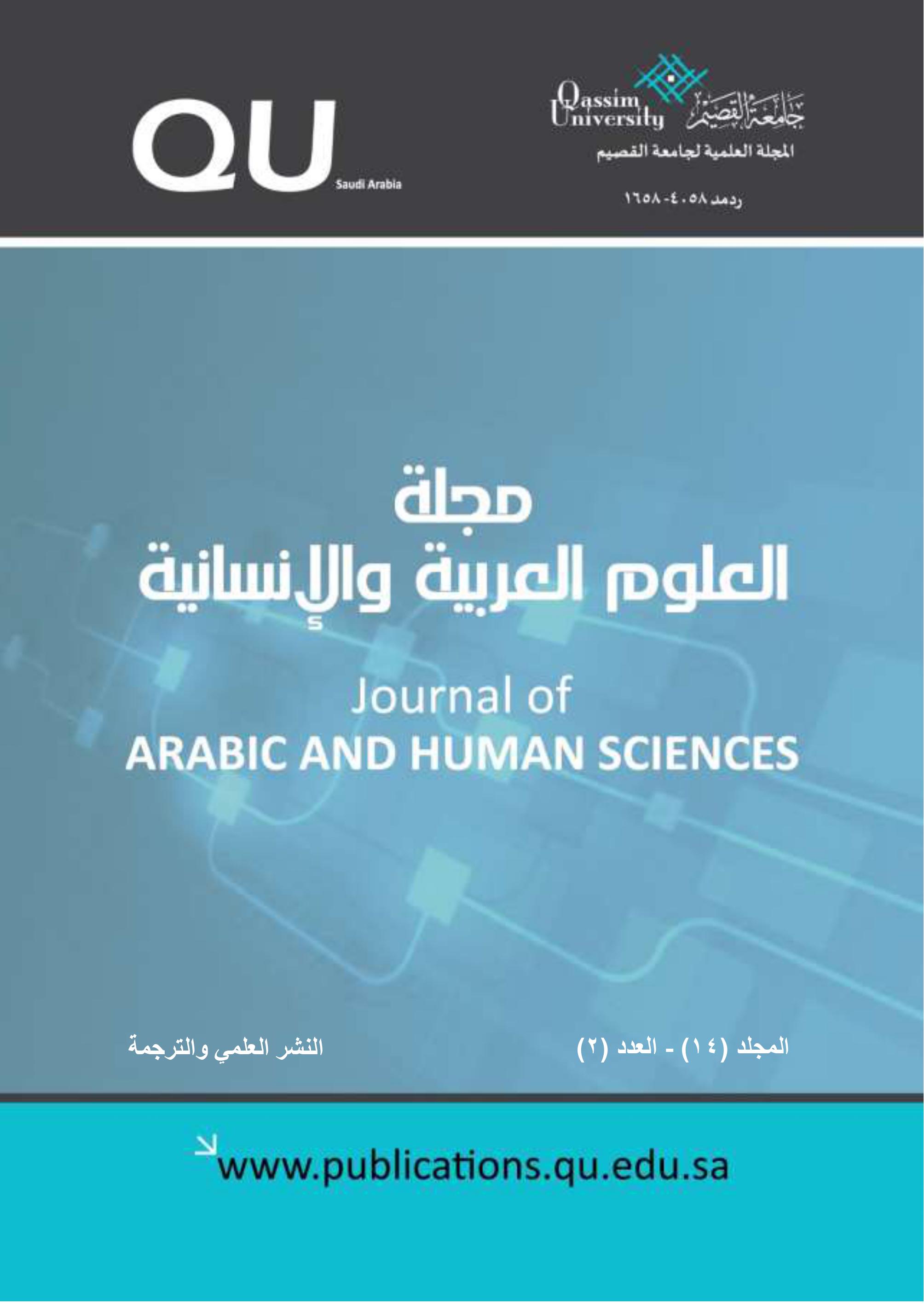Necessary and Possible as Fictional Criterion
Abstract
This paper deals with the question of “necessary and possible” from two main angles: The first angle of view relates the necessary and possible binary to modality as a logical philosophical category, which is based on an objective Aristotelian concept that confines the two-valued truth criterion to conformity with reality, and illustrates the modification and expansion of this binary within the framework of many-valued modal logic and possible worlds semantics. And then we show how this duet turned out to be in literary fiction semantics and becomes an essential tool in the typology and construction of fictional worlds. The second angle of view relies on necessary and possible as a specific fictional criterion for the internal structure of fictional world, on the one hand, and its relationship to the existence, on the other.
Based on all of the above, we have seen that the presence of necessary and possible in Aristotle's Poetics as the first book in which this pair is carried out of the logic, before we trace this presence in contemporary narratives and possible worlds theory.
Accordingly, we could consider two outstanding issues of fiction relating to necessary and possible both in their ancient Aristotelian form and in their expanded contemporary image. The first relates to what the fictional world is about to portray from the experience of existence, and the second to the role of necessary-based and possible logical measures in shaping the internal structure of fictional world.
How to attend the necessary and possible in the literary lesson? What are the meanings that are likely to come out to this new area? Is their role limited to building the internal fictional world or beyond it to the relationship of artistic work abroad? If relations in the artistic world are of the genus of real-world relations, where is the freedom of the artist to overcome the possible and necessary compulsions of real life?


